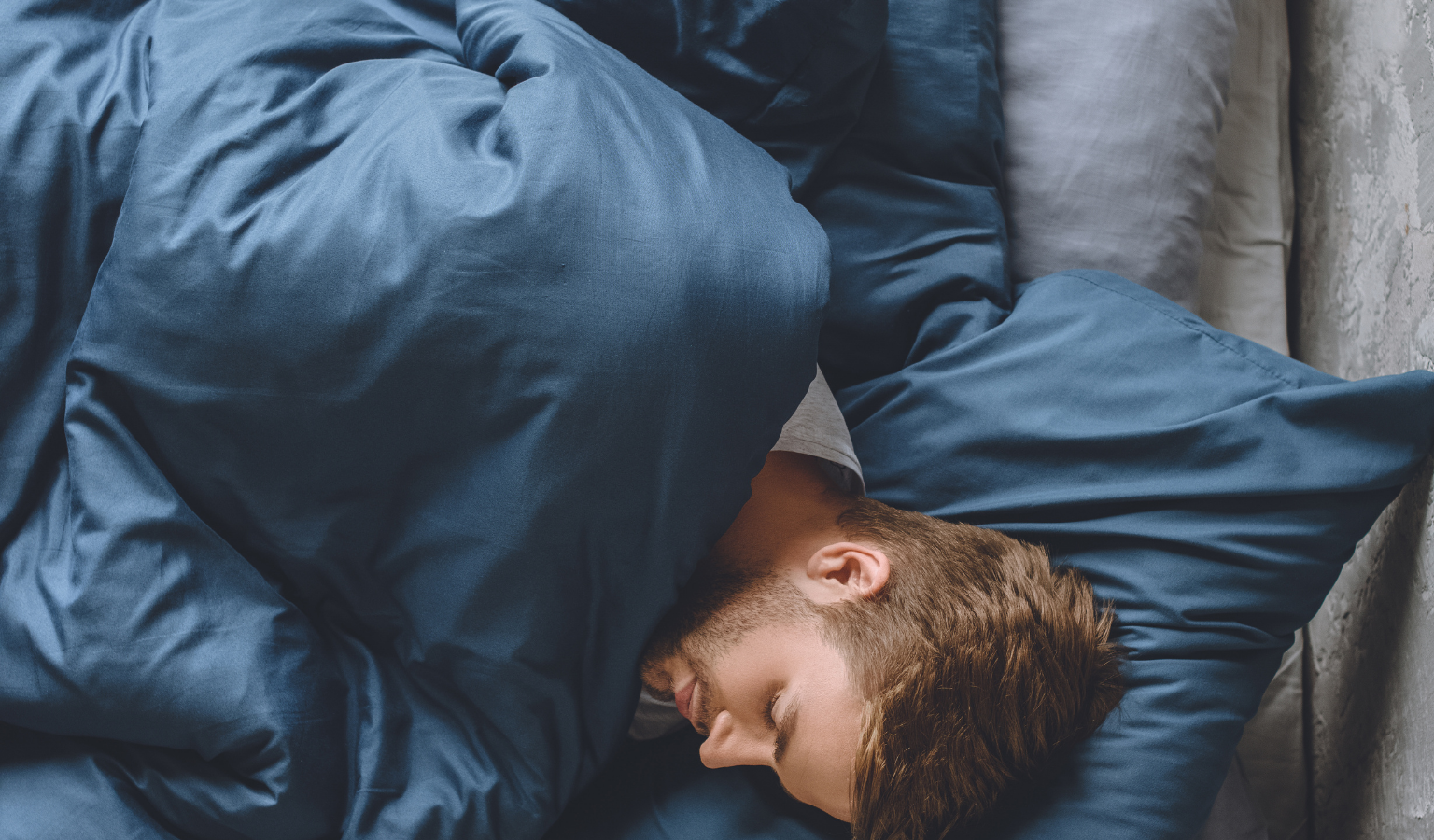Many of us are currently suffering from very disrupted sleep patterns. This pandemic has understandably affected us all in many different ways.
You may be struggling with the way your day seems to stretch on forever, or you may be trying to home educate whilst running your business from your kitchen table.
Some will be facing financial fears and therefore as a consequence of lock down, embarking on new home based career paths such as transcription work, book keeping, getting paid to chat on-line etc. But whatever our individual situation, what connects us all is that we are dealing with some level of stress. As a result the sleep pattern we once took for granted feels as if it has evaporated.
Being cooped up inside the house and not seeing enough sunlight will also be impacting the mood of many people and adding to the disruption of sleeping patterns. Dark days and the lack of structure and routine together with the stresses of the pandemic have increased the number of people suffering with insomnia.
Insomnia can be described as difficulty falling asleep or waking up several times during the night and subsequently feeling tired during the day. If you suffer severely you should discuss your symptoms with a specialist, but in the meantime, some of the following techniques could be helpful.
Simple Solutions
Mindfulness:- Described as maintaining a moment by moment awareness of our thoughts, feelings, body sensations and surrounding environment. This practice can be applied if you find yourself awake in the early hours. Known as the body scan you start by focusing your attention on your breath, then move your attention to the top of your head.
As you begin to notice the sensation of your head on the pillow, notice to any pain or discomfort and become aware of the sensation of the sheets or duvet on your skin. Then very slowly scan down your body until you get to your toes. You will often find, with practice, you’ve fallen asleep before you’ve even got past your knees.
It’s important to teach your brain to associate bed only with sleep and sex and nothing else. So if you wake in the night get out of bed and do something relaxing. Don’t go back to bed until you feel sleepy.
Some rules for good sleep hygiene include:- making sure your bedroom is comfortable, cool and dark. Relax at least one hour before bed, perhaps take a bath or read a book.
Try to go to bed and wake up at the same time every day – only going to bed when you are actually tired. Don’t eat a big meal late at night and don’t watch television or use devices right before going to bed. It’s also helpful to exercise regularly during the day but not at least 4 hours before bed.
Self Care
Lying awake at night it helps to know that you’re not suffering alone and that you’re completely normal. This has been a really challenging time for most of us.
Sleep isn’t just important though for the body to rest and recuperate, it is also a chance for the brain to unconsciously work things through emotionally – this could explain why many of us feel like we’re running on empty. It’s especially important now to listen to our bodies and try to look after ourselves. Life may not be quite going to plan but a great nights sleep can make a world of difference.


